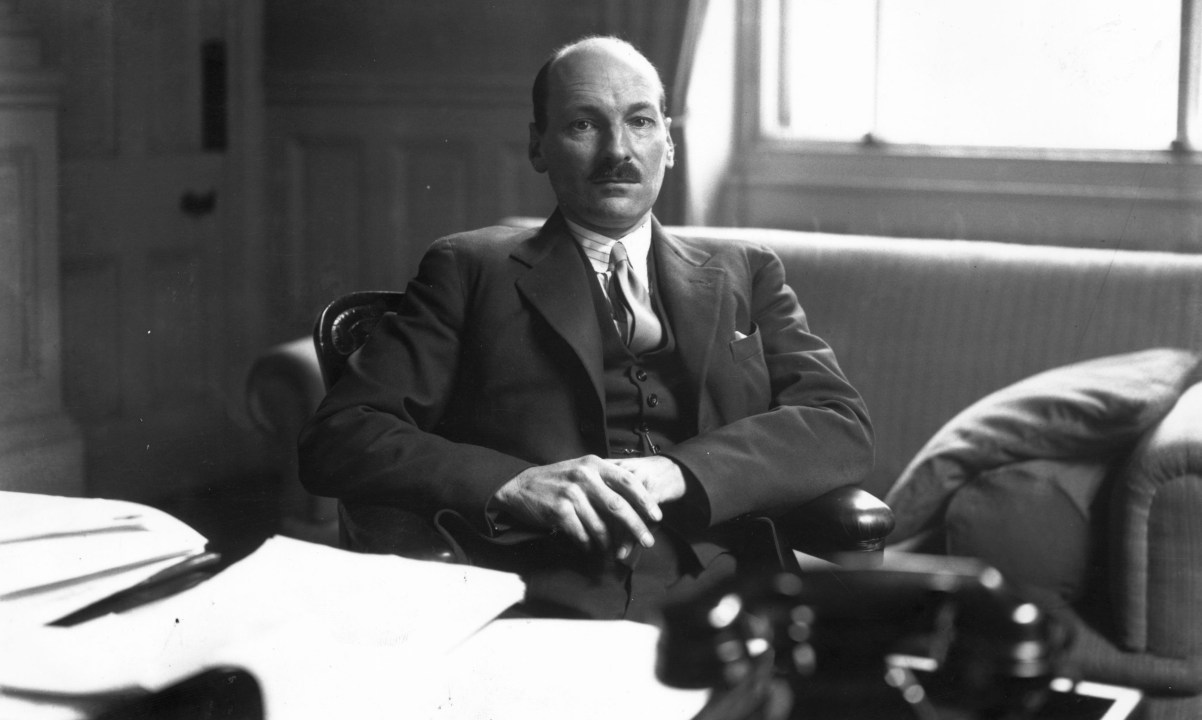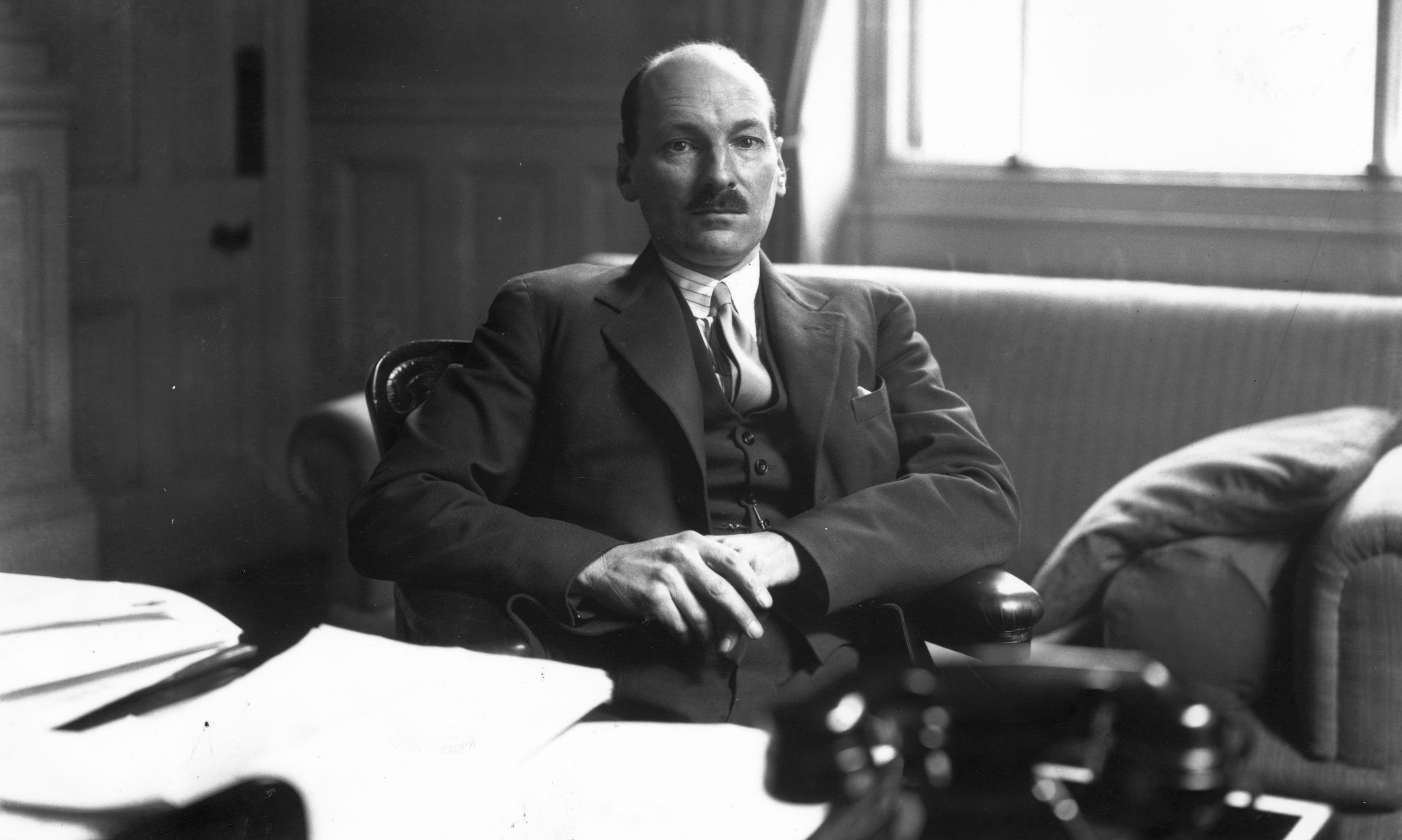Crises often exhaust the capacity of governments to renew themselves. All consuming problems do not allow prime ministers to have what Walter Bagehot called ‘mind in reserve’ — and yet future success at the polls depends on it.
The vast achievements of the postwar Labour government were largely built on the work of a Liberal in the form of the 1942 Beveridge Report, which most notably recommended a National Health Service. But Attlee was unable to create a new vision of his own during an era of crippling rationing and economic strife. Labour went from winning their first overall majority in 1945 to a very slim majority in 1950. Churchill’s Conservatives were returned to power within a year.
The monetarist reforms of the Thatcher era were first tried under Jim Callaghan yet the economic crisis of the late 1970s consumed his government, allowing the renewing vision of the Conservatives to shape the following decades.

Britain’s best politics newsletters
You get two free articles each week when you sign up to The Spectator’s emails.
Already a subscriber? Log in







Comments
Join the debate, free for a month
Be part of the conversation with other Spectator readers by getting your first month free.
UNLOCK ACCESS Try a month freeAlready a subscriber? Log in